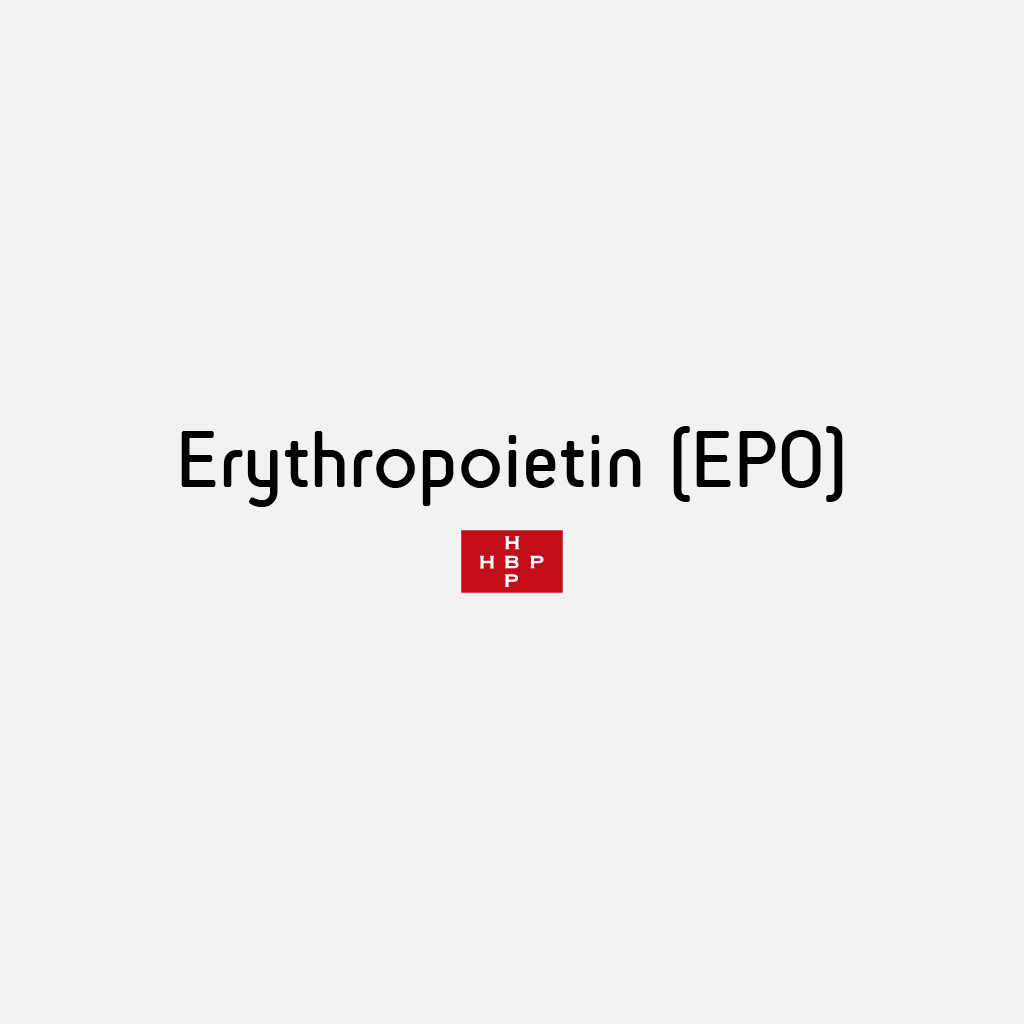Oncology / Hematology / Fertility

Erythropoietin (EPO)
For the generation of therapeutic recombinant human Erythropoietin(rh-EPO) in Helvetic BioPharma, we use an exclusive technology according to the highest quality standards. We have selected advanced equipment for the downstream processing and purification to ensure efficacy and safety of biopharmaceutical products.
Product Details
The recombinant human Erythropoietin (rHuEPO) manufactured in Helvetic BioPharma is expressed in Chinese hamster ovary cells (CHO). rHuEPO alfa is a 165-amino acid erythropoiesis-stimulating glycoprotein produced in cell culture using recombinant DNA technology and is produced by mammalian cells into which the human Erythropoietin gene has been introduced. The product contains the identical amino acid sequence of isolated natural Erythropoietin and has the same biological activity as the endogenous Erythropoietin.
Human EPO is a hormone mainly synthesized in the kidney that functions to regulate red blood cell maturation and production. rHuEPO is an important therapeutic protein for the treatment of anemia associated with severe renal damage, HIV infection, and cancer chemotherapy or used for the treatment of patients who have a high risk for perioperative blood loss from surgical procedures.
- MW = calculated 18.4 kDa, the protein migrates as 30-37 kDa on an SDS-PAGE.
- Source: CHO cells
- Amino acid sequence: APPRLICDSRVLERYLLEAKEAENITTGCAEHCSLNENITVPDTKVNFYAWKRMEVGQQAVEVWQGLALLSEAVLRGQALLVNSSQPWEPLQLHVDKAVSGLRSLTTLLRALGAQKEAISPPDAASAAPLRTITADTFRKLFRVYSNFLRGKLKLYTGEACRTGDR
EPO is involved in all phases of erythroid development and has its principal effect at the level of erythroid precursors. After EPO binds to its cell surface receptor, it activates signal transduction pathways that interfere with apoptosis and stimulates erythroid cell proliferation. Erythropoietin stimulates erythropoiesis in anaemic patients with chronic renal failure in whom the endogenous production of Erythropoietin is impaired. Because of the length of time required for erythropoiesis, several days for erythroid progenitors to mature and be released into the circulation, a clinically significant increase in haemoglobin is usually not observed in less than two weeks and may require up to ten weeks in some patients. Erythropoiesis-stimulating agents ESAs are growth factors that primarily stimulate red cell production. Erythropoietin receptors may be expressed on the surface of a variety of tumor cells.
